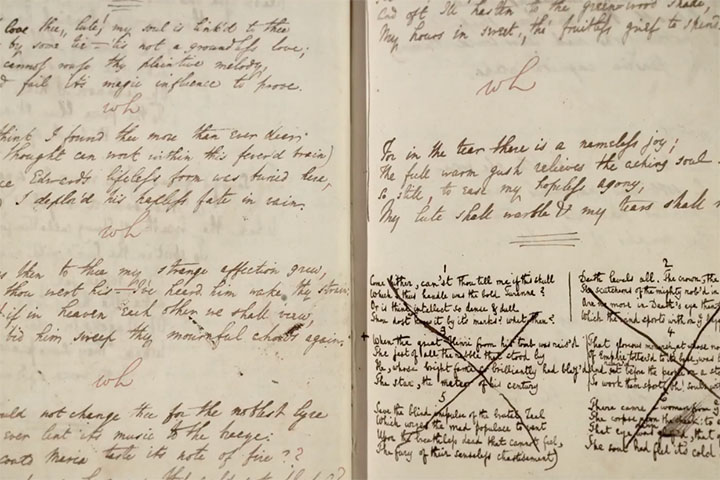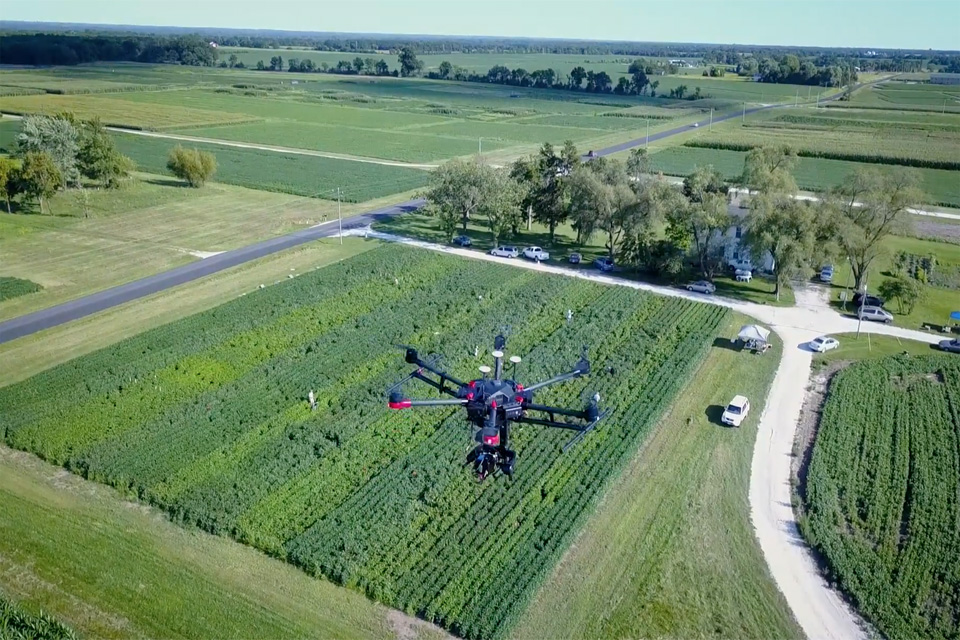Saint Louis University is a premier research university where students and faculty work side by side to tackle tough questions and find solutions that impact communities in St. Louis and worldwide.
SLU researchers are exploring new frontiers and tackling the greatest questions of our time. SLU is on the cutting edge of research that makes a difference for humanity in our community and abroad. Informed by our university's Jesuit mission, our researchers are motivated by a concern for the most vulnerable members of our society.
We are rooted in over 200 years of history, and we continue to guide our future. From the discovery of the life-saving properties of vitamin K to more recent breakthroughs at our federally funded Center for Vaccine Development, all of our research is defined by compassion, ambition and innovation.
We are an urban, Jesuit research university, grounded in the St. Louis region with global ambitions. We strive to be a responsible partner and an ambitious leader in our local St. Louis community, and we believe that the research done at SLU can transform our world into a healthier and more just one for all.
The Research Institute
In 2018, SLU announced a historic gift from Dr. Jeanne and Mr. Rex Sinquefield: $50 million to establish the Saint Louis University Research Institute. The Research Institute built on the University's existing research priorities and placed the University on the path to becoming a world-class research university. The Research Institute plays a vital role in investing in SLU's faculty and research infrastructure, building areas of research strength, fostering new collaborations and partnerships, and recruiting outstanding new scholars and scientists. More information can be found on the Research Institute's website.
Student Research
Research is a central component of the undergraduate and graduate experiences at SLU. We provide all of our students with the opportunity to work side-by-side with our research teams so they can see first-hand how research at SLU impacts the world. From day one, the student experience at SLU is enriched by a vibrant research community that creates pathways for real change.
Seed Funding
There are a number of opportunities available at SLU for researchers seeking funding. The following internal awards are currently accepting proposals. Internal awards are provided through the SLU Research Institute. For more information on these awards and more, please visit this page.
- Deadline: Applications are accepted on a rolling basis.
- Deadline: Applications are accepted on a rolling basis.


